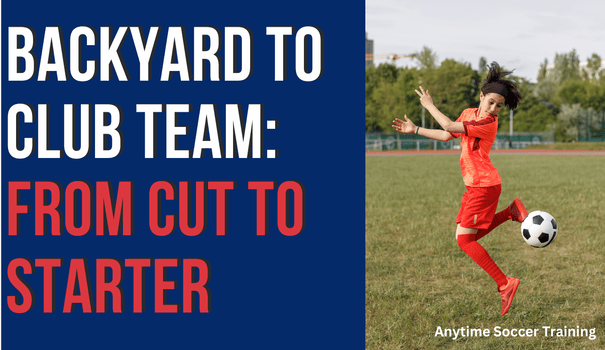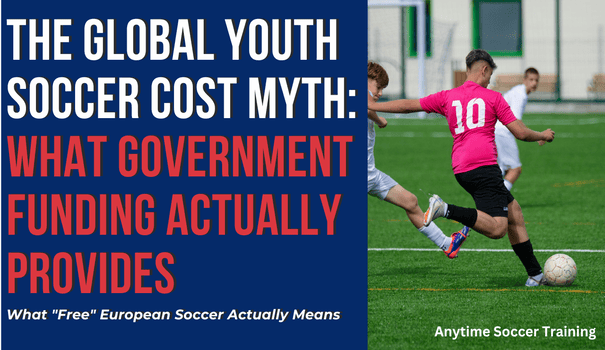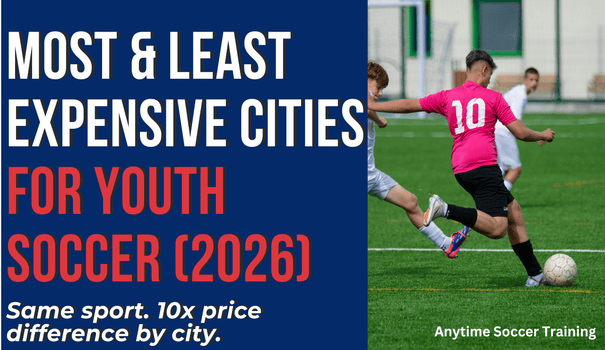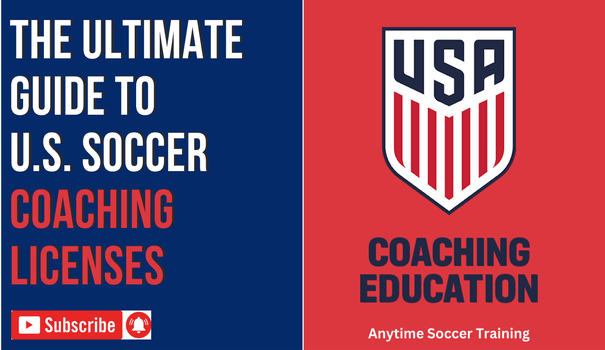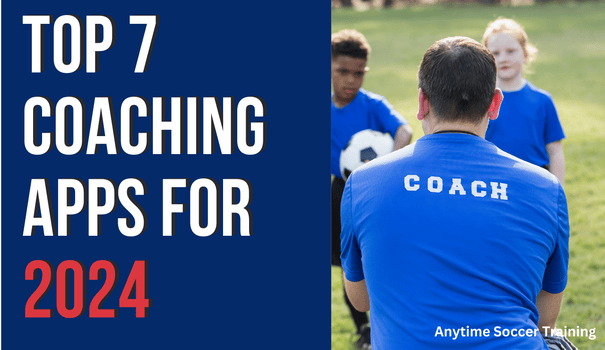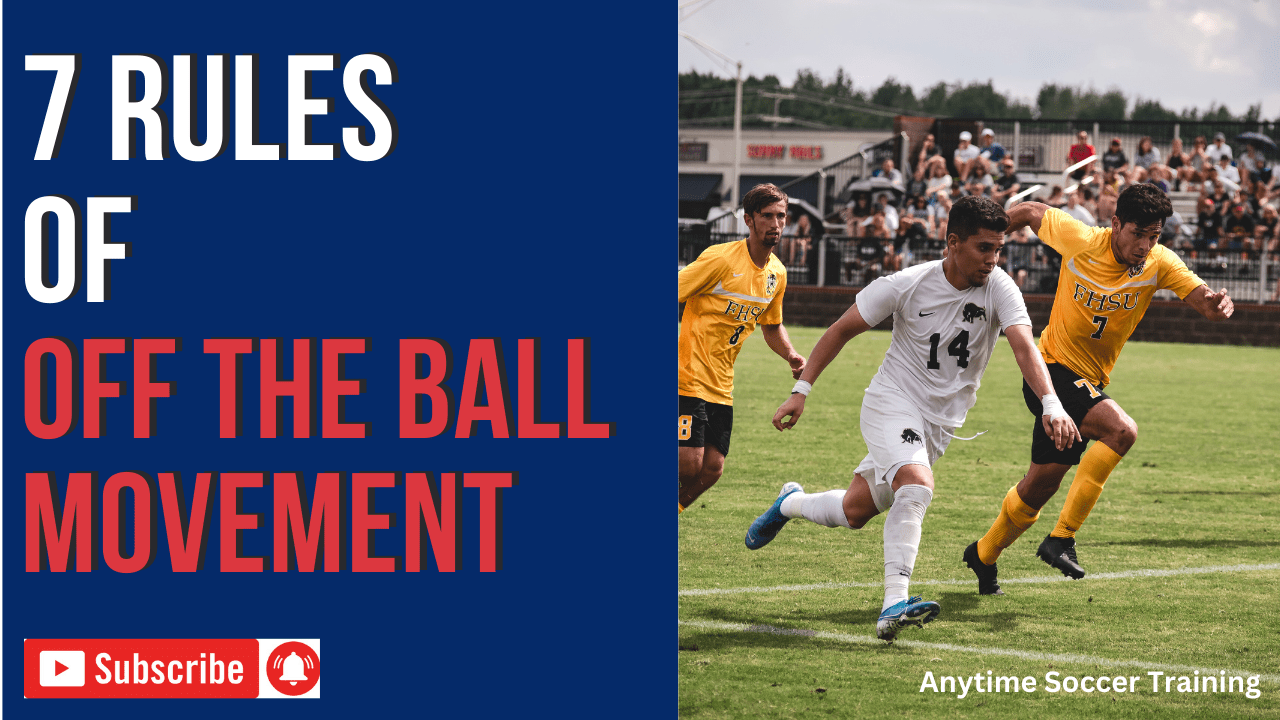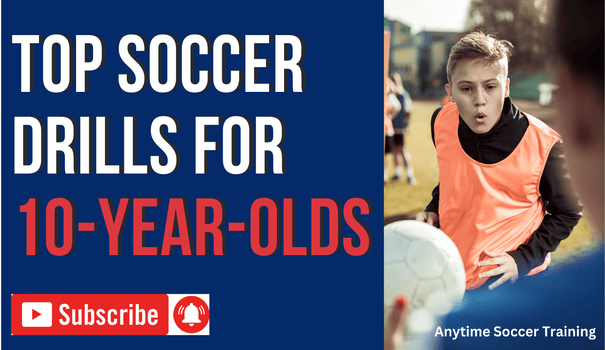
When my two sons first laced up their cleats at six years old, I didn’t know what to expect. I didn’t grow up playing soccer myself, so I was learning right alongside them.
What started as weekend rec games quickly grew into something much bigger—a journey that’s taught all of us lessons on and off the field.
Now, years later, I can say without a doubt that soccer has been one of the best things for my kids. And I’m not just saying that as a proud dad.
Science actually backs up the benefits I’ve seen firsthand. If you’re a parent thinking about getting your child into soccer, here are five reasons it’s worth it.
1. Physical Fitness and Healthy Habits
I still remember watching my boys run around the field those first seasons, their jerseys three sizes too big, chasing the ball with pure joy.
What looked like simple running and kicking was actually building their balance, coordination, and endurance.
Related: How Much Training is Too Much?
And the science agrees. Researchers writing in the British Journal of Sports Medicine found that kids who play soccer regularly develop stronger hearts, better endurance, and healthier body composition compared to kids who don’t play organized sports.
A ball and 20 minutes outside is all it takes to build fitness.
For my sons, “exercise” doesn’t feel like a workout—it’s just soccer.
2. Sharper Focus and Brain Development
One of the coolest things about soccer is how much thinking goes into it. Even at a young age, kids are constantly making decisions—where to pass, when to shoot, how to get open.
I noticed early on that my boys started processing situations faster, both on and off the field. Scientists have found the same thing: a study in Frontiers in Psychology showed that regular soccer training actually sharpens “executive function”—skills like focus, memory, and problem-solving.
Those brain gains don’t just stay on the pitch—they carry into the classroom.
🧠 Science Says… Quick Facts for Parents
- Kids who play soccer regularly have stronger heart and lung health compared to non-athletes (British Journal of Sports Medicine).
- Playing soccer boosts “executive function”—the brain’s ability to focus, switch tasks, and problem-solve (Frontiers in Psychology).
- Team sports like soccer are linked to stronger friendships, emotional control, and social confidence (American Academy of Pediatrics).
- Sports participation builds a “growth mindset,” helping kids see effort as the path to success (Carol Dweck’s research).
- Mastery comes from deliberate practice—structured, focused reps, not just casual play (Anders Ericsson’s expertise studies).
📚 Recommended Reading: If you’re interested in how kids develop focus, skill, and creativity, I highly recommend The Talent Code: Greatness Isn’t Born. It’s Grown. Here’s How by Daniel Coyle.
It explains the science of how the brain builds skill through deep practice—something I’ve seen firsthand with my own kids in soccer.
3. Teamwork and Social Growth
I’ll be honest—at six years old, teamwork meant about eight kids chasing one ball like a swarm of bees. But over time, my sons learned how to work with others, share the ball, and trust their teammates.
Related: How Much Training is Too Much?
The American Academy of Pediatrics points out that team sports like soccer help kids build friendships, learn emotional control, and develop social skills that last a lifetime. I’ve seen this firsthand—some of my kids’ closest friendships started on the soccer field.
4. Confidence and Resilience
One moment I’ll never forget: my younger son missed an easy shot in a game and walked off with his head down. A few weeks later, after practicing at home, he scored in almost the exact same situation. The look on his face said it all—confidence built not just from success, but from bouncing back after failure.
That’s one of the biggest gifts of soccer. It teaches kids resilience. Psychologist Carol Dweck has shown that children who believe effort leads to improvement develop what’s called a “growth mindset.”
Another study on youth development found that sports are one of the best ways to nurture this mindset, because kids learn quickly that practice pays off.
📚 Recommended Reading: For parents who want to dive deeper into how kids build resilience, check out Mindset: The New Psychology of Success by Carol Dweck.
It unpacks the idea of the “growth mindset”—the belief that ability grows with effort—a lesson every young soccer player (and parent) can benefit from.
As a dad, I’ve seen that lesson spill over into school, chores, and even music practice.
5. The Role of Deliberate Practice
Here’s something I learned the hard way: just showing up to games isn’t enough. Improvement comes from deliberate practice—those small, focused training sessions at home where kids really sharpen their skills.
This isn’t just a theory. Psychologist Anders Ericsson, famous for his research on expertise, showed that mastery in any field comes from structured, goal-oriented practice—not just playing casually.
For my sons, this looked like short backyard drills: 10 minutes dribbling around cones, juggling the ball, or passing against a wall. Nothing fancy, but consistent.
The difference it made on game day was night and day.
Getting Started: Gear You’ll Need
The good news? Soccer doesn’t require much to start. When my kids began, we bought just the basics, and they were good to go:
- Soccer Ball – Pick the right size (Size 3 for under 8, Size 4 for ages 8–12, Size 5 for 13+).
- Soccer Ball Bag – Ideal for finishing drills.
- Cones – Perfect for fun dribbling games in the yard.
- Shin Guards – Non-negotiable for safety.
- Cleats – Help with traction and stability.
- Water Bottle & Bag – To keep them hydrated and organized.
Honestly, with just a ball and a few cones, my sons spent hours outside having fun and practicing without even realizing it. I added Amazon links to the gear I recommend, so you can grab what you need quickly and at an affordable price.
Final Thoughts
Looking back, signing my sons up for soccer at six was one of the best parenting decisions I’ve made. The science says it’s great for kids, but as a dad, I’ve lived it: soccer has helped my boys grow stronger, think sharper, work with others, and believe in themselves.
If you’re just starting this journey, encourage your child to enjoy the game, give them the space for deliberate practice, and don’t stress about having everything perfect. The important thing is that they’re playing, learning, and growing—on and off the field.
And if you want a simple way to get started at home, I’ve put together a free 7-day Soccer Skills Challenge.
You’ll get 7 training sessions delivered right to your inbox—yours to keep forever. It’s a fun, step-by-step way to help your child build confidence and improve their skills, no matter their level.


